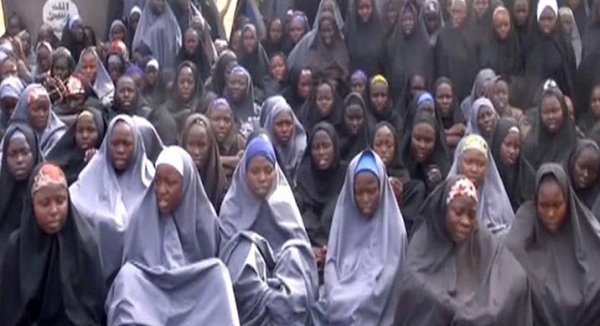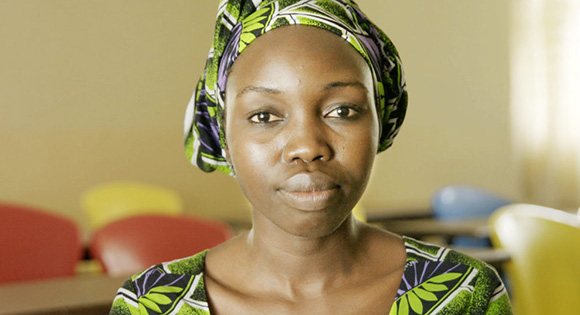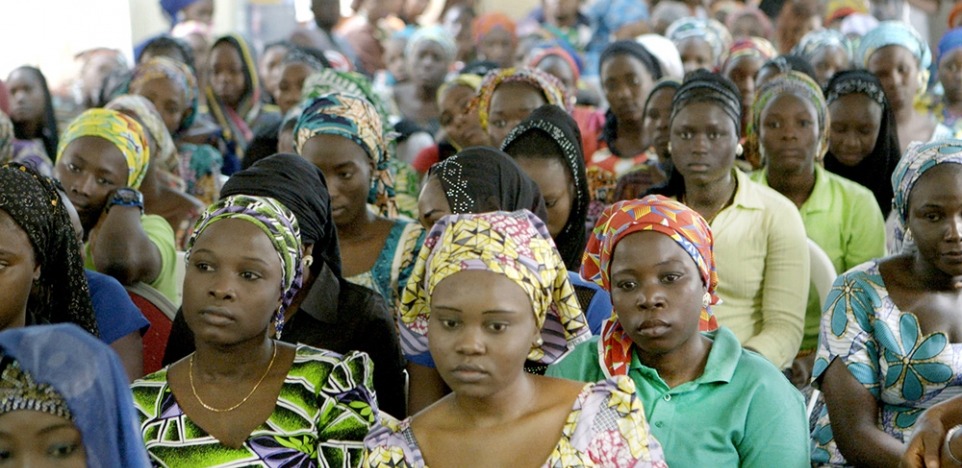On April 14, 2014, gunmen entered a boarding school in Chibok, Northern Nigeria, and kidnapped 276 girls. The perpetrators of this terrorist attack were part of Boko Haram, an Islamist extremist group that has been at war with the Nigerian government since 2009. They have terrorized the country, destroying villages, leaving some 28,000 people dead and forcing three million to flee. Their most known atrocities have been committed against women and girls, who have been raped, taken to a forest hideout, and forced to marry the terrorists.

The fate of the Chibok girls became the focus of a global media campaign with the hashtag #BringBackOurGirls. In the early hours of the kidnapping, 57 girls escaped. Three years later, 103 were released. The others remain in captivity.
This documentary follows the released girls as they adjust to life after their shared trauma. The Nigerian government puts them up in a safe house in the capital of Abuja, where they receive medical and psychological assistance and attend school. The filmmakers received exclusive access to the girls but have to rely on secret journals to learn what had happened to them in the forest. Government officials, fearing that Boko Haram will not release the remaining girls, insist that the girls not talk about their past, only about the benefits they are receiving now. Although many are still deeply traumatized by what they have experienced and seen, they enjoy trips outside the safe house and visits with their families. Eventually they enroll in the American University of Nigeria.

In contrast to all the attention given to the Chibok girls are the stories of the "Forgotten Girls," as many as 2,000 other women and girls who have been taken by Boko Haram. In interviews in Maiduguri, where they have gone after escaping from the forest, even though it is home to many members of Boko Haram, they talk about being raped, tortured, and observers of atrocities. One of them, Habiba, got pregnant in the forest, escaped and gave birth, only to discover she is HIV-positive and have her baby die. She reaches out to two brothers, who witnessed the killing of their parents, and they create a new family.
In 2014, ISIS (in Iraq) and Boko Haram were responsible for 51% of all terrorism-related deaths, according to the Global Terrorism Index. In 2015, terrorism increased most significantly in Nigeria, where deaths increased by over 300 per cent to 7,512 fatalities. The fifth edition of the Index, published in 2017, noted that deaths from terrorism had fallen. But the statistics, as this documentary proves, only tell a small part of the story. The effects of terrorism cannot be estimated or ever thoroughly revealed. Films like Stolen Daughters create empathy for the survivors and help us, if only partially, to understand.
